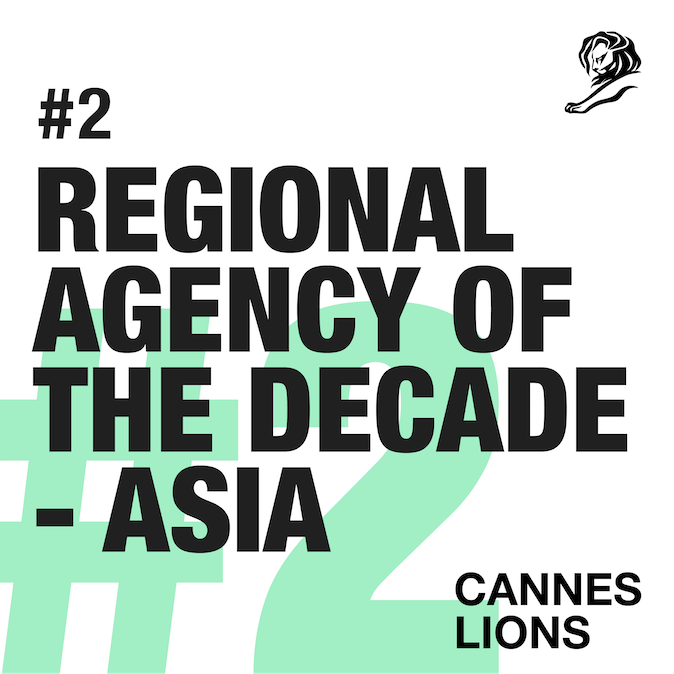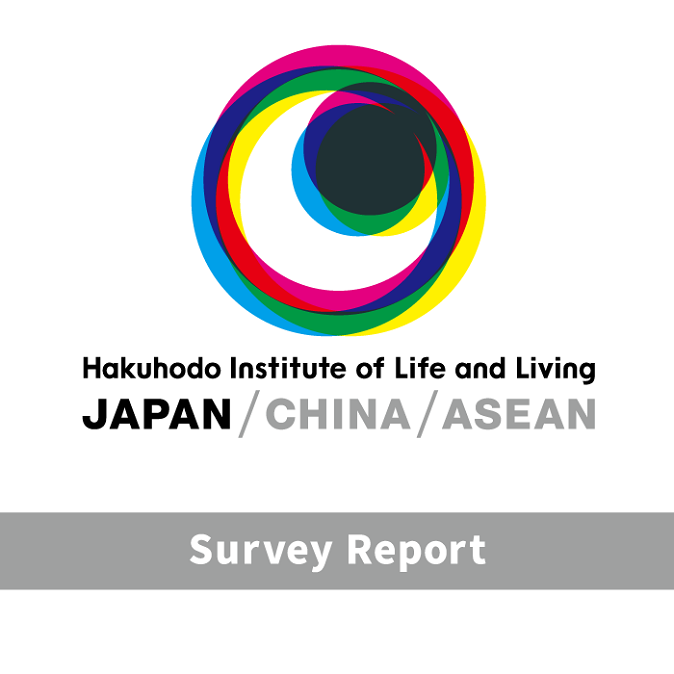- Viewpoints
Hakuhodo DY Media Partners and D.A.Consortium Inc. (DAC) are partnering to integrate their global business operations so as to advance companies’ data-driven marketing in overseas digital media.
In particular, focusing on the rapidly growing ASEAN digital advertising market, they are cooperating with major platform operators and developing infrastructure to support data-driven marketing in the region.
In this article, we talk to Ayumu Nitta, Takamitsu Nakano and Ayumi Uchida of DAC’s Global Business Division, and Ayaka Miyamoto and Eisuke Okamoto, who work to advance DAC’s business in Thailand and Indonesia, respectively.
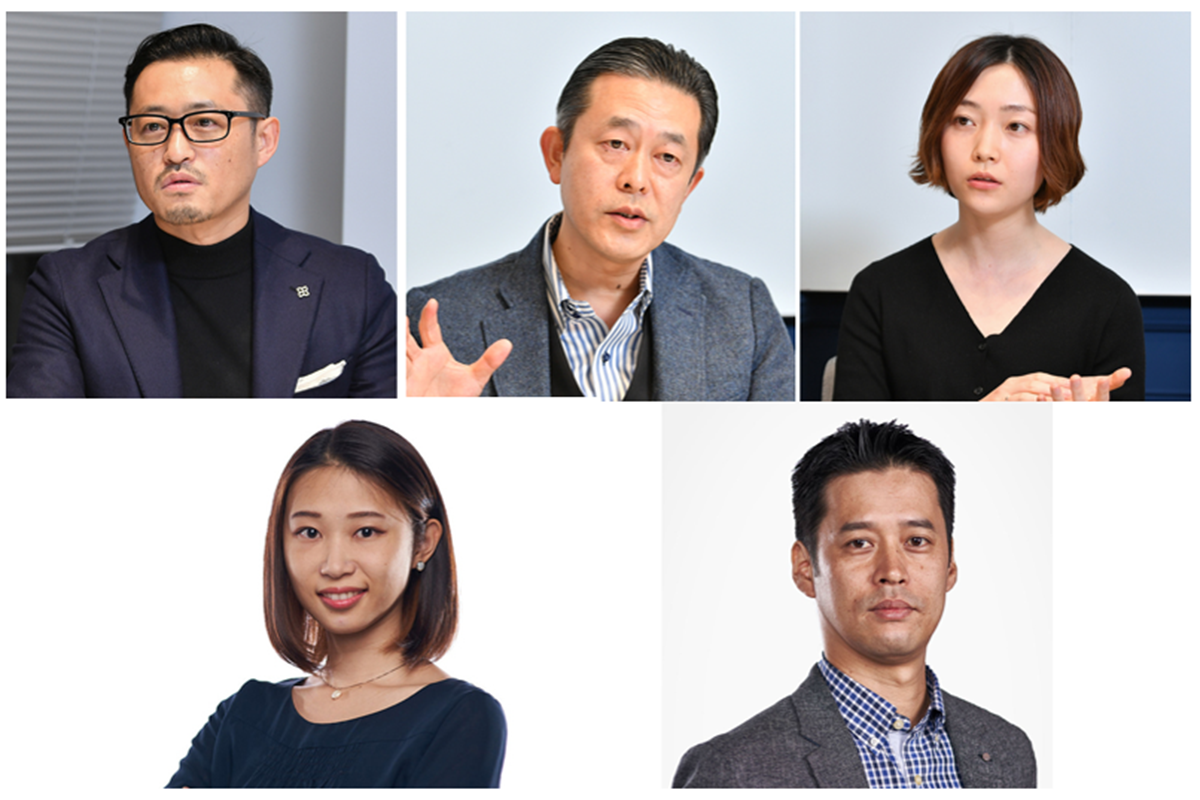
A team that supports digital business in the rapidly growing ASEAN region: The Hakuhodo DY Group working as one to zero in on the ASEAN digital advertising market
NITTA:
I concurrently serve in Hakuhodo DY Media Partners’ Global Business Division and as Manager of the Global Business Planning Department of the Global Business Headquarters at DAC. Currently, I am particularly focused on the ASEAN region. With more than 50 people in Japan and about 600 overseas, mainly in Asia, I work in collaboration with DAC’s offices in China, Taiwan, Thailand, Indonesia, and Singapore, as well as the digital agency eMFORCE in South Korea, which became a subsidiary in July 2019, and the Vietnam, Indonesia, and the US offices of Hakuhodo DY Group digital advertising agency IREP.
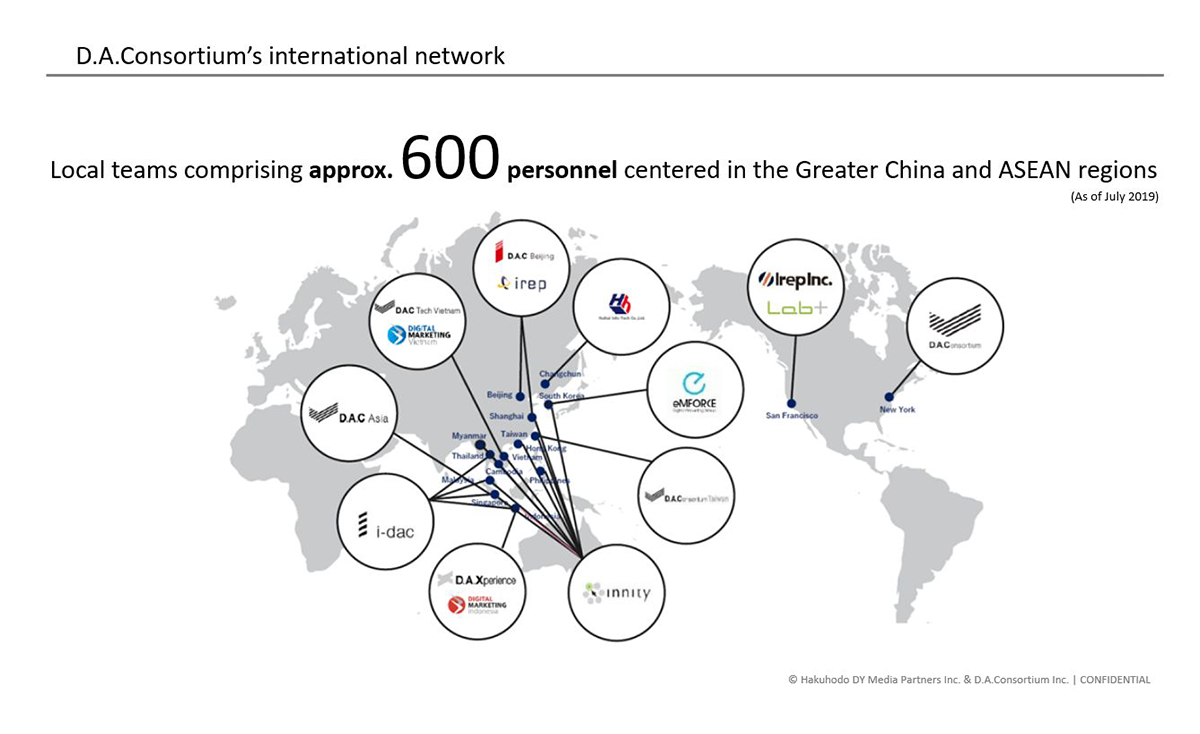
DAC’s Global Business Headquarters has three functions: (1) Supporting overseas offices. In addition to overseeing the business of DAC’s local subsidiaries and developing and supporting data infrastructure, we work together with local offices of the Hakuhodo DY Group to support proposals to clients, (2) Supporting cross-border advertising transactions, including providing support for inbound business targeting foreign visitors to Japan and for Japanese companies delivering advertising internationally through digital media, and (3) handling alliance strategy. We research international companies and technologies with a view to forming alliances and introducing them in Japan.
NAKANO:
My role is supporting projects at overseas offices from Japan. Originally an engineer, I have worked in the systems and data marketing areas for many years, so when we develop new solutions to meet client needs, I provide support mainly in these two areas.
UCHIDA:
I’m from the Global Business Development Department. Our mission is to support overseas offices, and my main role is driving cooperation with local companies (mainly media companies and other data holders) that will be key to the development of solutions. Currently, with a view to improving the accuracy of the data management platforms (DMPs) used locally, we develop local partners, expand third-party data, and set up data marketing and advertisement distribution infrastructure.
NITTA:
The integration of the two companies’ global businesses is geared around a digital domain that has high market growth potential and low barriers to entry. The main purpose of the integration is to provide optimal value to clients by accelerating global business through combining DAC’s strength in technology and the relationships it has forged outside Japan, with the knowledge and proposal capabilities Hakuhodo DY Media Partners has cultivated in Japan. While focusing on digital, we are also looking to expand Hakuhodo DY Media Partners’ content and media business internationally.

Start of provision of solutions to meet the needs of many enterprises
NITTA:
In line with economic growth in the region, the digital advertising market in ASEAN is growing at a double-digit rate every year, and is expected to grow 1.6 times by 2023 (compared to 2018). In addition, it is estimated the scale of the digital advertising market in Asia except Japan and China, which includes ASEAN countries, Korea, Taiwan, Hong Kong, and India, will reach 1.63 trillion yen in 2023 (internet advertising media expenditures in Japan were 1.66 trillion yen in 2019)*
*Source: “Advertising Expenditures in Japan for 2019,” Dentsu
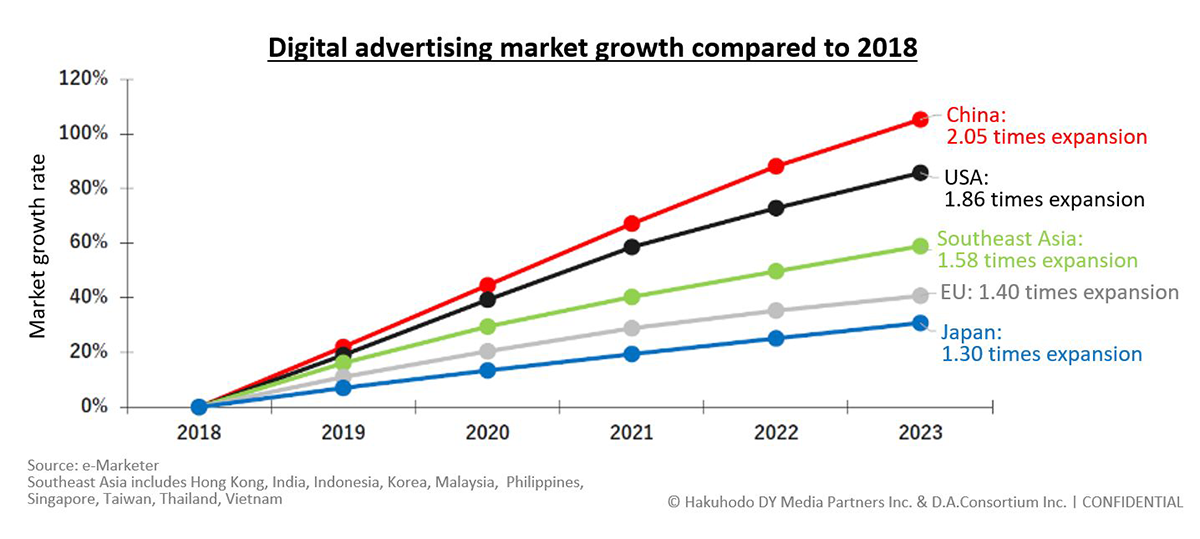
In the ASEAN region, smartphones exploded in popularity as people’s standard of living grew. What is very different from Japan is that there are many people who don’t own a computer, only a smartphone.
With advances in digitization, data-driven marketing initiatives have increased, and the number of clients looking to leverage their own data has grown over the past few years. In this context, we are principally engaged in a variety of initiatives together with Japanese automakers and consumer goods manufacturers that operate in the ASEAN region.
NAKANO:
Recently, we are increasingly receiving inquiries from clients about building customer data platforms (CDPs) that combine offline and online data. We worked with an automobile manufacturer to build a CDP that combines data obtained from dealerships with data from the manufacturers’ brand sites. By conducting analysis that will allow it to be used in sales at dealerships and not just for advertising communications, the CDP fosters the proposal of measures.
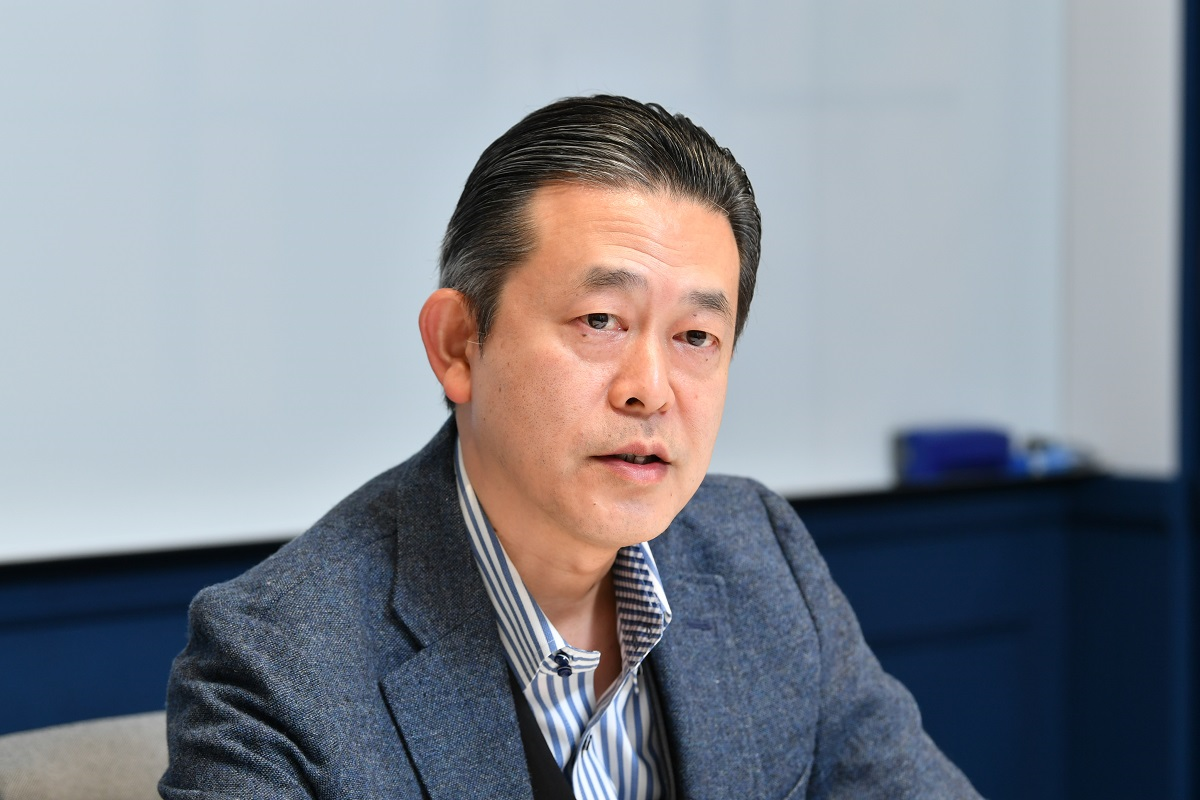
UCHIDA:
For example, we analyze the differences between those who pre-ordered at a dealership and went on to purchase vehicles, versus those who did not, using online behavioral data, analyzing the characteristics of those who pre-ordered to identify others likely do so, then implement effective measures to entice them to come to the dealership.
NITTA:
The primary methods of online advertising communication for automakers have conventionally been behavioral targeting and retargeting. These are methods for identifying people who searched the name of a car or manufacturer, that is, people with actual needs. In recent years, the use of data has made it possible to approach even those with latent needs that are likely to search for these in the future. Such knowledge and know-how have been adopted by other industries, such as direct sales and consumer goods manufacturers, and we have begun similar initiatives.
NAKANO:
A challenge for one health food manufacturer was they not only wanted customers to increase regular purchases, but also wanted them to buy products other than their regular purchases. To this end, we analyzed buyer data to identify people who may be interested in other products and implemented measures that lead to cross-selling (stimulating the simultaneous purchase of other products).
NITTA:
By implementing large numbers of initiatives like this on a case-by-case basis, we have accumulated knowledge and learned variety of analytical approaches to increasing loyal customer numbers. To meet various needs rapidly, we developed and commercialized a suite of services as a solution that we began offering in 2019.
UCHIDA:
DAC has been building DMPs in the ASEAN region since around 2014. At first, the granularity of data used for analysis was coarse, and the main use was targeting for ad network distribution. For this reason, we began with preliminary preparations to improve the accuracy of DMP data while simultaneously incorporating data analysis know-how developed in Japan. Even though we wanted to incorporate this know-how, the work was done manually by data scientists on each project, and it took a considerable amount of time and manpower. By turning this part into a universally applicable solution, we made it possible for marketers to quickly see the analysis results. The system is being used by five companies in Thailand and three in Indonesia, mainly automakers.
NAKANO:
The solution includes a “heat score” function that ranks potential customers. In the past, data scientists calculated this for clients, but now it has been automated using machine learning. Based on this heat score, we determine the priorities and content of measures for advertising, CRM and other communications, enabling the realization of optimized marketing.
Expansion of third-party data also under way in Thailand and Indonesia
UCHIDA:
DMPs in Thailand were initially focused primarily on collecting data from ad networks. This made it difficult for them to keep up with users’ online behavior because their data was fragmented. Rather than ad network data, content data from the media users are viewing is key to understanding their behavior in detail.
To address this, DAC has pushed for data linkage with premium media in Thailand since 2015 and, in 2016, built the Online Premium Publisher Association (OPPA) DMP together with the top 10 media companies. This enabled the segmenting of users based on their attributes and interests with very fine granularity for analysis and ad delivery. Because we brought together reliable media, the safety and security of the data is, I think, another strength.
DAC’s AudienceOne® DMP (Note), which was developed and offered in Japan, has data on around 1,000 attribute and interest categories. Thailand’s OPPA already has more than 500 categories, enabling detailed analysis and distribution by manufacturer, model, new or used, and so on in the case of automobiles. Like AudienceOne®, I think OPPA will exceed 1,000 categories in the near future.

MIYAMOTO:
I have been involved since OPPA was launched, and am currently engaged in developing data solutions and other initiatives in Thailand. Since the number of people visiting Japan from Thailand is increasing year by year, we have created a new program called Visit Japan Segment. We are enabling the use of this interest data in cross-border communication.
UCHIDA:
By tracking a variety of data, we can understand users before, during, and after their visit to Japan, so information such as “Why not go here next time,” can be distributed on a situational basis.
MIYAMOTO:
Included in OPPA is Thailand’s largest word-of-mouth/bulletin board site, Pantip. This cannot be used anonymously, as users need to register their national IDs. Anyone posting suspicious information will be identified and their registration cancelled, so it’s fair to say that posts are reliable. The bulletin board contains posts with such sightseeing recommendations as, “If you go here in Japan, buy this at this store!”, and a great many people read and are guided by them.
NITTA:
In Thailand and Indonesia, the profiles of major platforms such as Google and Facebook are increasing more than in Japan. However, as the term “walled garden” suggests, their data is premised on being used within the ecosystem of the platform and, thus, the scope and degree of freedom of analysis are greatly increased when local media such as those in OPPA are used.
OKAMOTO:
I am in charge of launching our DMP business in Indonesia. In 2015, we established PT Data Arts Xperience (DAX), a joint venture in Indonesia between DAC and Salim Group, the largest conglomerate in the ASEAN region. DAX owns a DMP with the same functions as DAC’s AudienceOne®. The Salim Group has under its umbrella various companies, including over 17,000 supermarkets and convenience stores, an automaker, and a variety of other companies, and they feed data from these companies into the DMP.
Although we currently use it mainly for automakers, in the future we would like leverage the DMP and develop solutions for clients in the food and communications industries.
NITTA:
The digital media environment in ASEAN has a lot in common with that of Japan, and I feel that it is a market where we can greatly utilize the knowledge and examples that the Hakuhodo DY Group has cultivated in Japan. In the future, we intend to strengthen cooperation between Hakuhodo, Hakuhodo DY Media Partners, and DAC, particularly at our offices in the region, and develop and provide highly distinctive Hakuhodo DY Group data-driven marketing solutions that offer clients in ASEAN countries high added value.
Note: Developed and provided by DAC, AudienceOne® is one of the largest data management platforms in Japan. It holds an enormous volume of data, including 100 million+ mobile advertising IDs per month and 2 trillion+ records, which are analyzed to provide highly accurate third-party data. The DMP integrates, analyzes and visualizes website behavioral data, CRM, ad distribution results, panel questionnaire results and a variety of other data. Leveraging a multitude of channels to realize the gamut from new customer acquisition through enhancement of the lifetime value of existing customers, it enables the provision of advanced marketing environments.
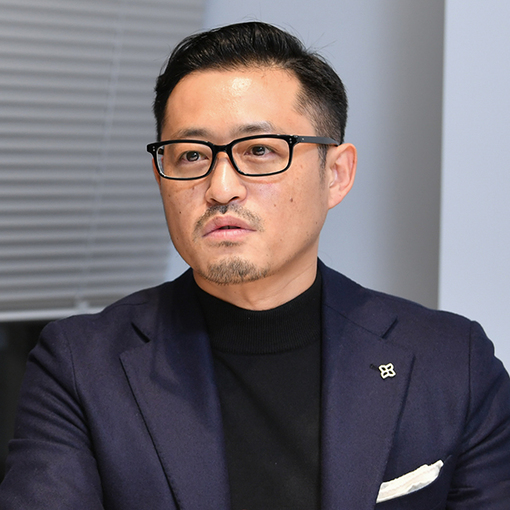
Hakuhodo DY Media Partners Inc. and
Manager, Global Business Planning Department, Global Business Headquarters
D.A.Consortium Inc.
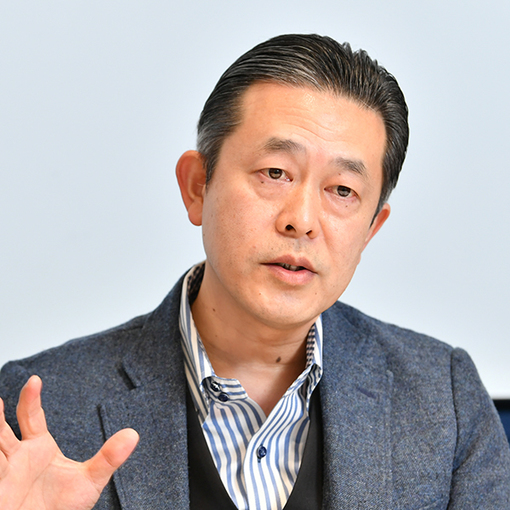
D.A.Consortium Inc.
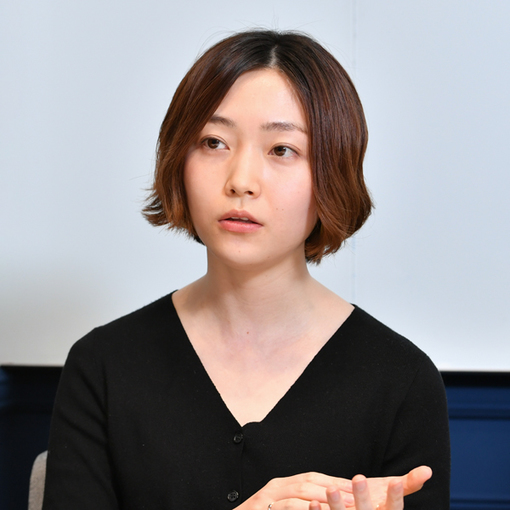
D.A.Consortium Inc.

I-DAC (Bangkok) Co., Ltd.
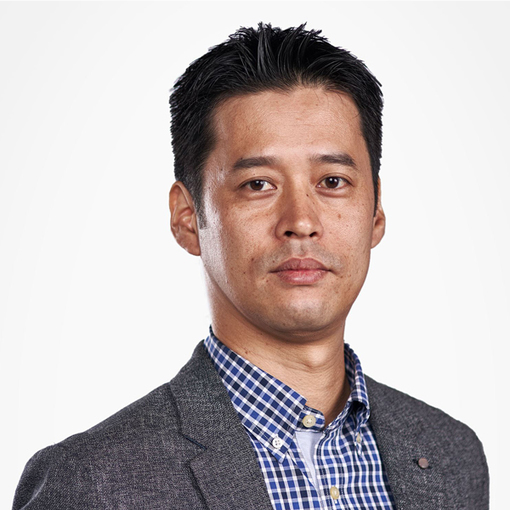
D.A.Consortium Inc. and
Director
PT Data Arts Xperience














